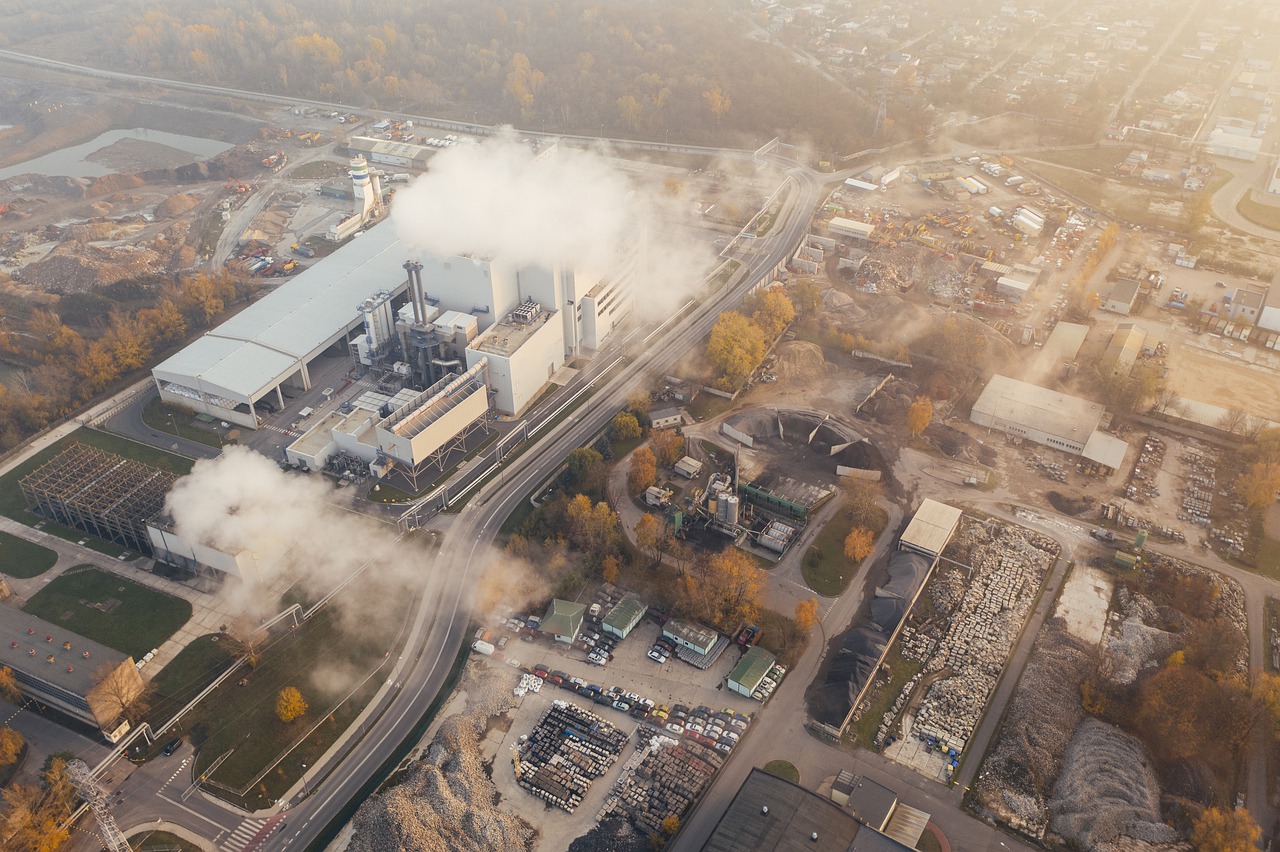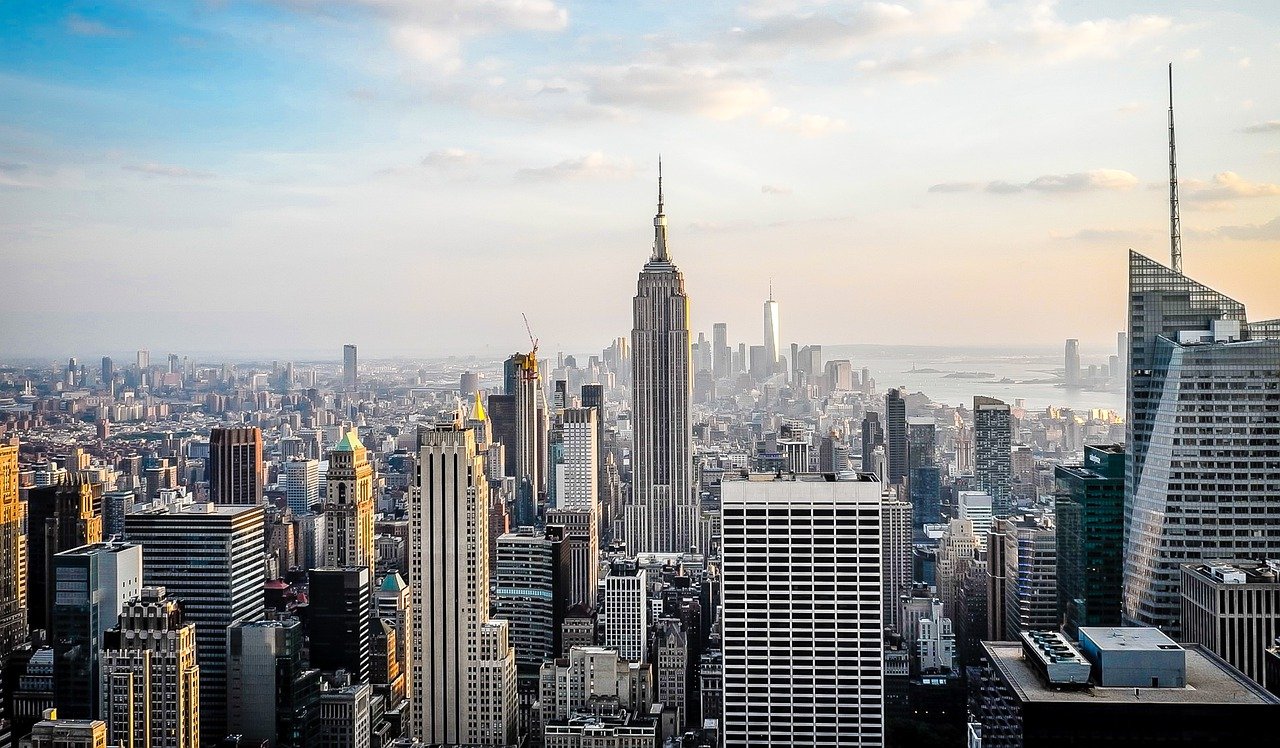Land Use Planning in the Next Mayoral Administration: A Look at Proposed Reforms
Virtual WebinarThough often overlooked, New York City’s land use policies fundamentally impact the City’s economy, environmental footprint, and the quality of life for its 8 million plus inhabitants. The City Council has recently introduced a proposal to make sweeping changes to the City’s land use planning processes, including moving towards a more centralized approach. Advocates have […]





